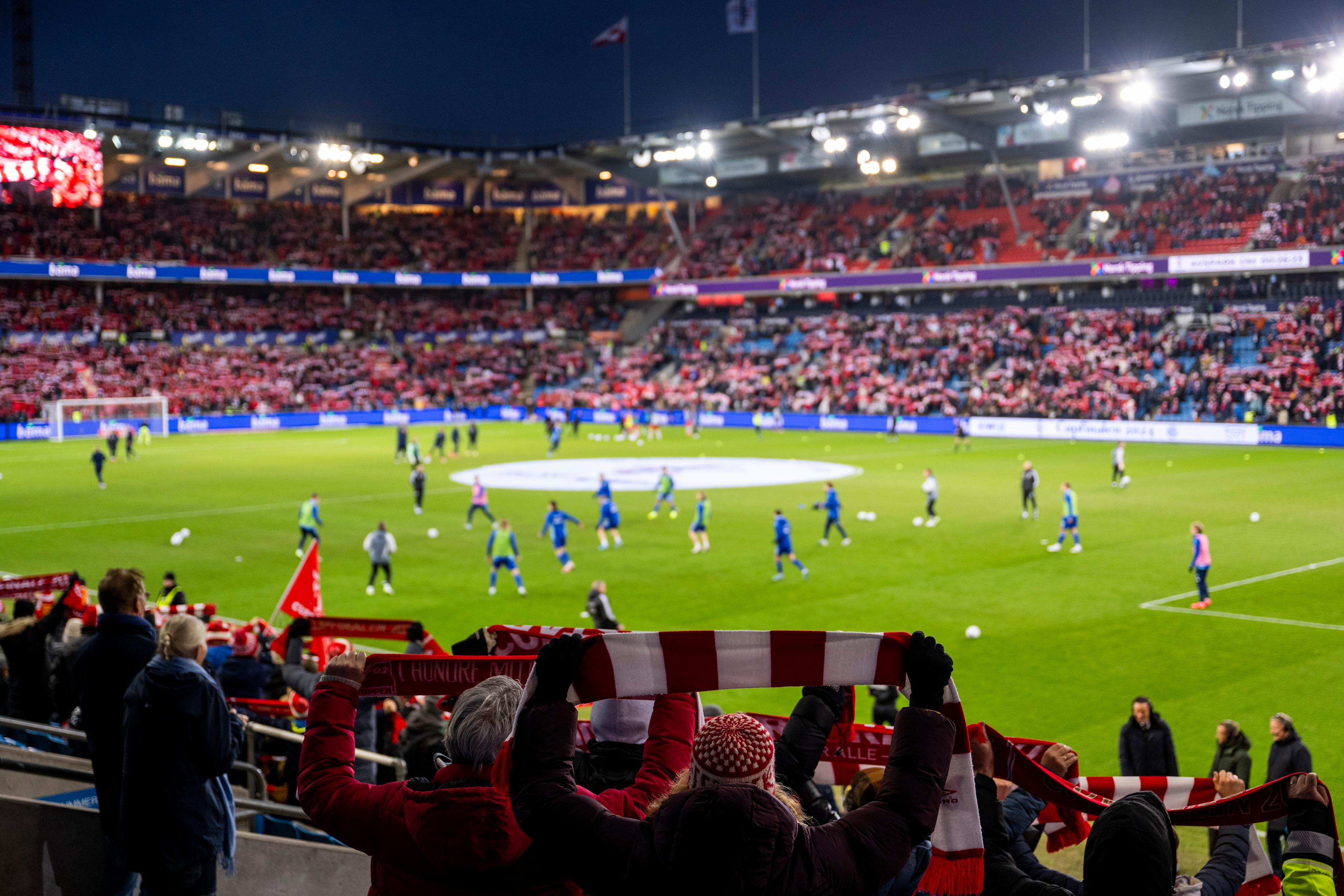Competition development

Why is this important for achieving our goals?
Competitions and matches are our most important arenas for development and our core product.
We must continuously evaluate and improve our competitions and match formats to keep pace with a rapidly evolving football landscape. This is crucial to ensuring they support both our sporting and commercial ambitions.
The Norwegian Cup (NM) is our oldest tournament, bringing together teams nationwide. However, declining interest poses a challenge to its status. We must rethink how we shape the NM-cup to ensure it continues to create lasting memories for future generations while managing fixture congestion, maintaining fair play principles, and adapting to the needs of clubs competing in European tournaments.
The rapid development of women's football necessitates a comprehensive review of the league structure to establish a sustainable framework for both sporting and commercial growth.
Similarly, the structure of the men's 2nd and 3rd divisions needs to be revised to ensure these leagues continue to serve as strong development platforms while supporting long-term objectives.
Matchday safety is paramount. In recent seasons, the unsafe use of pyrotechnics has challenged security measures and matchday operations. We recognise the cultural significance of supporter traditions and the atmosphere that pyrotechnics can create, but their use must be regulated and safe. At the same time, it is unacceptable that certain supporter actions have led to matches being abandoned. We must prevent this in the future to safeguard football's safety and joy.
Fair play is fundamental to maintaining integrity and safety on the pitch. At the same time, we must continue to develop high-quality referees, ensure lower dropout rates, and foster a larger pool of dedicated officials.
To reduce clubs' administrative burden, we must simplify and clarify regulations. At the same time, we will support clubs in developing their competence and increasing professionalism. The club licensing system is key to ensuring quality and will be expanded to include more divisions.
We must adopt efficient working methods and make the most of digitalisation opportunities, allowing clubs to focus more on development and football activity.
By 2030, we will:
Further develop our competitions to enhance their sporting and commercial appeal, ensuring continued relevance and interest.
Fill the stadium for the UEFA Women's Champions League final at Ullevaal Stadium in 2026, all men's cup finals, and at least one women's cup final.
Implement regulations and processes that enhance the match experience and ensure safe stadium conditions.
Strengthen the club licensing system as a tool for development, quality improvement, and safeguarding standards, focusing on professionalism and top-club development in women's football.
Simplify, automate, and digitalise administrative processes at club, regional, and national levels.
Adapt regulations and explore low-threshold competition formats like social team tournaments to promote increased participation and sporting development.
Next page